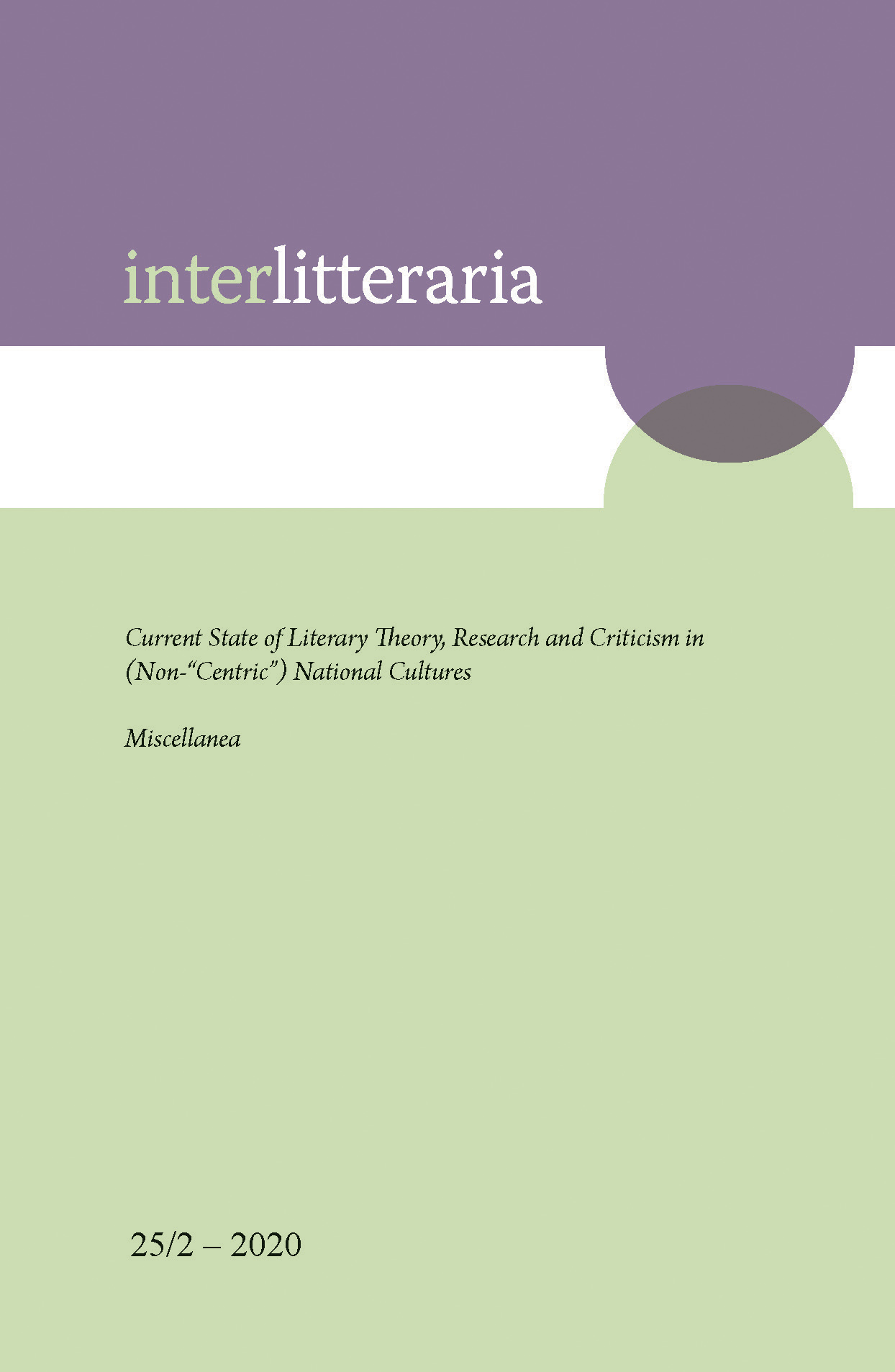José F. A. Oliver zwischen Politik und Literatur: von Häusern, Müttern und Muttersprachen
DOI:
https://doi.org/10.12697/IL.2020.25.2.18Keywords:
José F. A. Oliver, multilingualism, space, movement, citizenshipAbstract
José F. A. Oliver between Politics and Literature: of Houses, Mothers and Mother Tongues. Born in the Black Forest to Andalusian parents, the poet José F. A. Oliver has developed in recent decades a complex oeuvre in which multiple languages (German, Spanish, Alemannic and Andalusian) and plural kinships play a chief role. The present paper analyses the prose works of José F. A. Oliver as a fragmentary “language memoir” (Kaplan/Kramsch) while at the same time trying to reconstruct his nomadic identity between and across regions and languages. Special attention will be paid to José F. A. Oliver’s use of the metaphors of multiple mothers and the two-storey house when referring to his own multilingual upbringing and literary habitus. In stark contrast to conceptual models of monolingualism which posit the mother tongue as the unique and irreplaceable buttress of national loyalties and literary creativity, José F. A. Oliver’s work pleads for an alternative affective relationship to a multiplicity of mother tongues (in plural). In so doing, the present paper underscores the political dimension of José F. A. Oliver’s metaphors for multilingualism. His alternative vision allowing the peaceful coexistence of multiple affective loci expressed in very different mother tongues questions the rigid exclusivity of German citizenship politics while simultaneously bringing to light the emancipatory and democratic potential of transregional and multilingual (e.g. Black Forest – Andalusia / Alemannic – Andalusian) identities beyond a national monolingual rationale.
Downloads
Downloads
Published
Issue
Section
License
The contents of Interlitteraria are published under CC BY-NC-ND licence.


